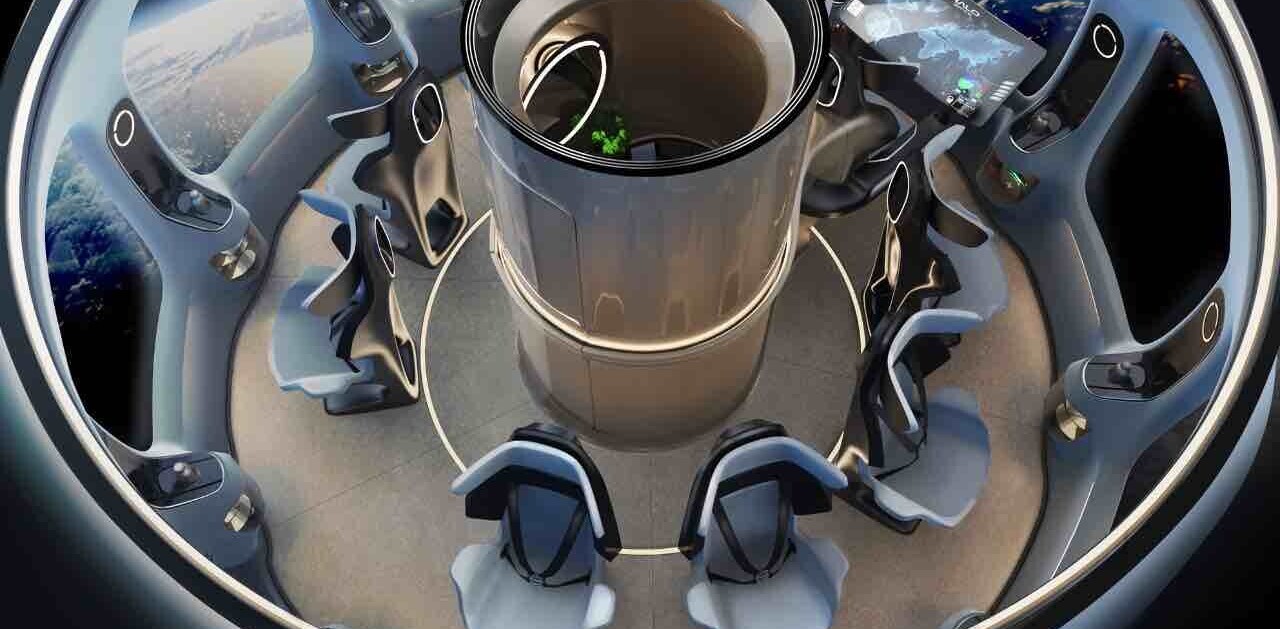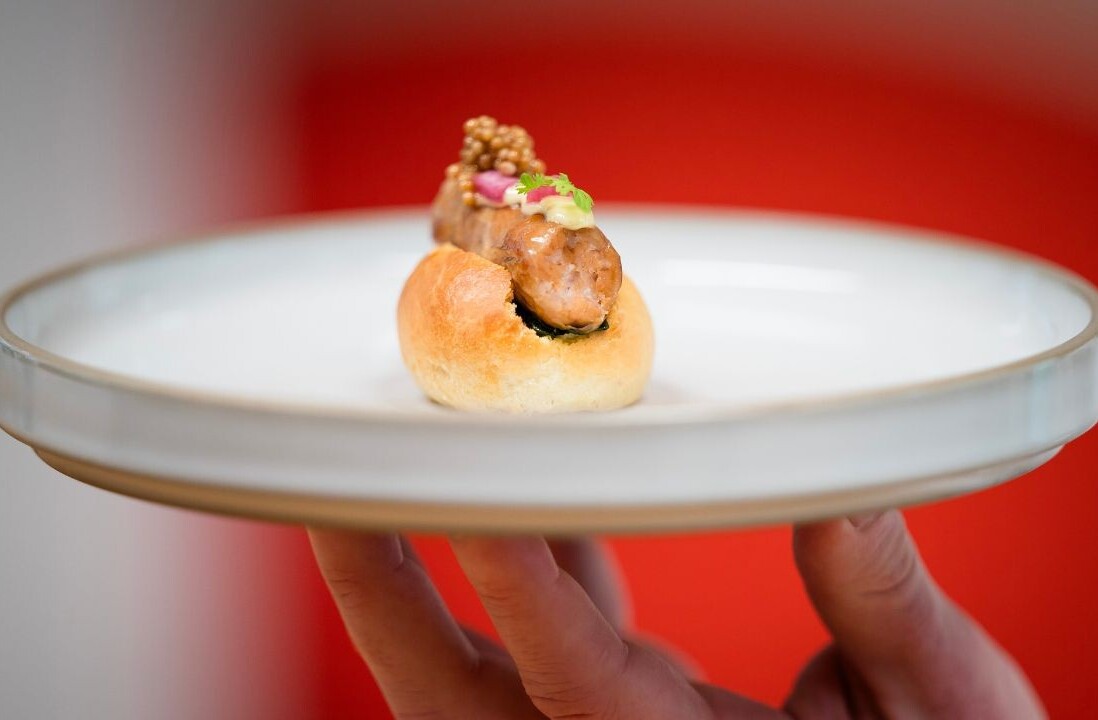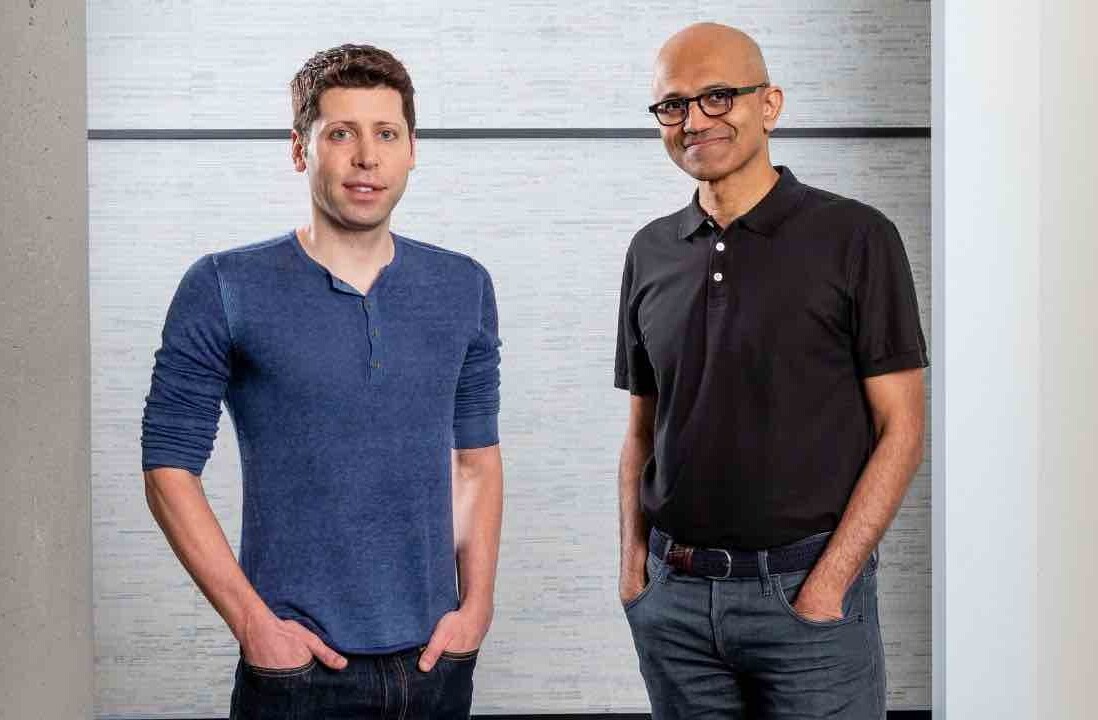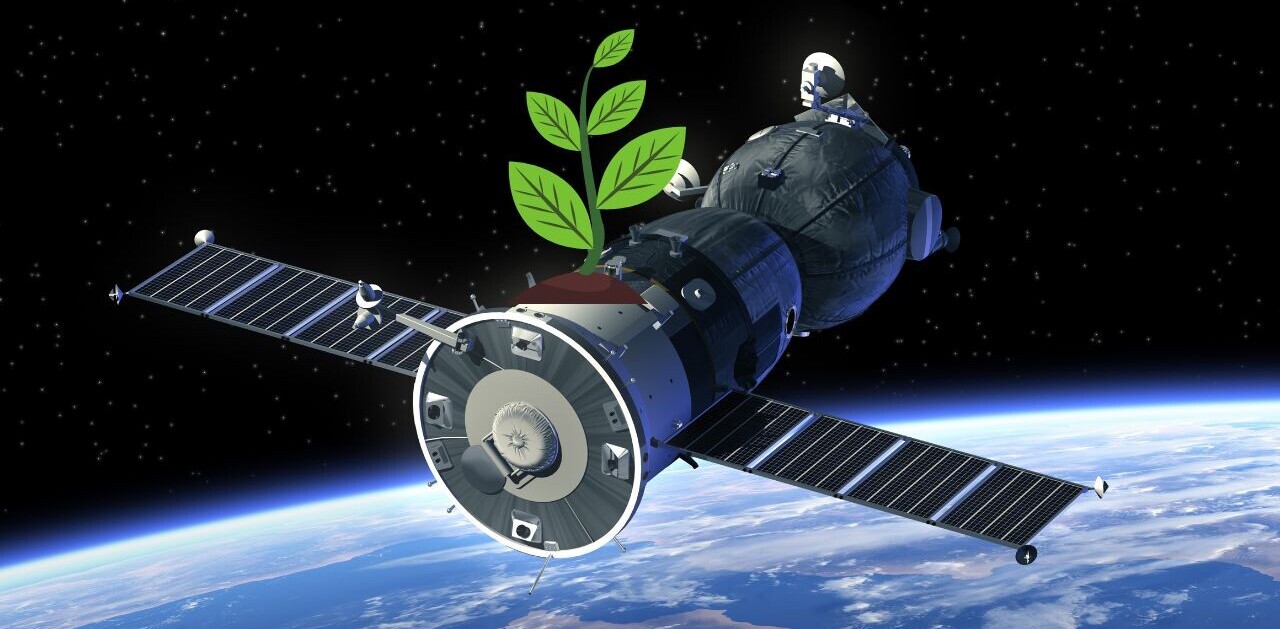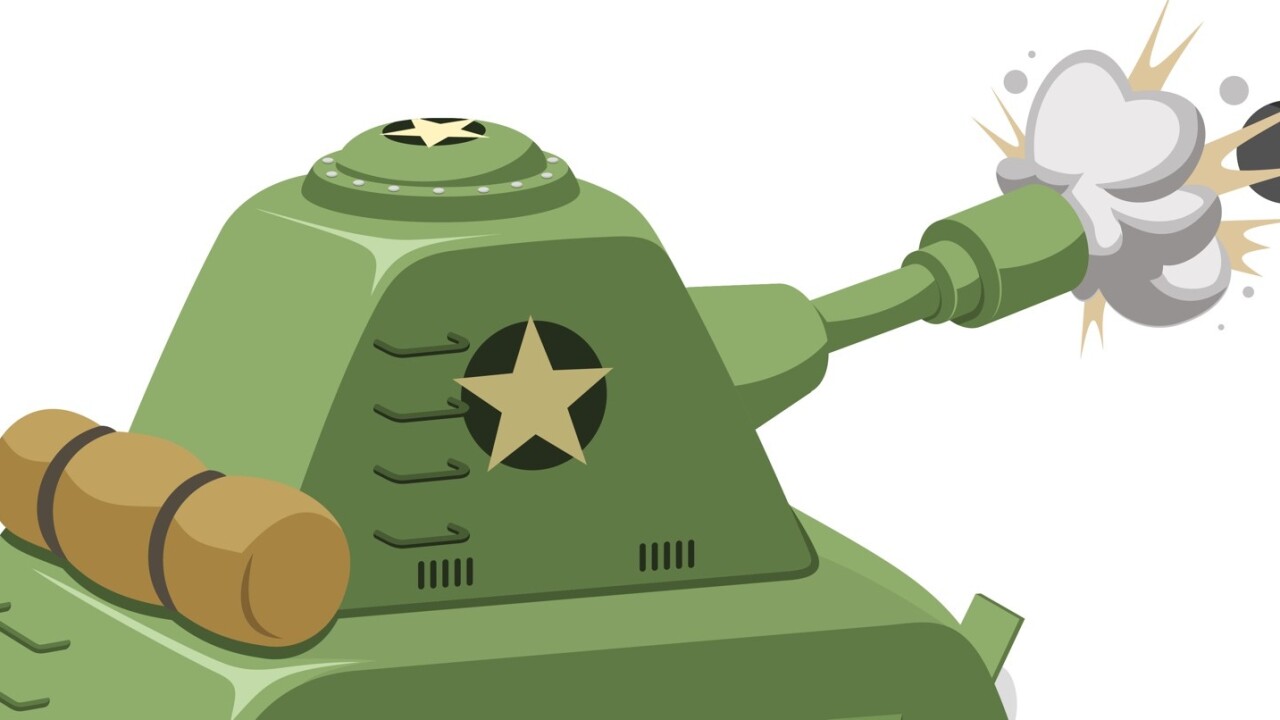
Defending against competitors is on the agenda of most businesses; be it a board of a huge company contemplating the next step to cement its position in the market, or a startup explaining to VCs how it will be defensible in the long run.
No company can be eternally defended from the tentacles of innovation. All have to keep looking over their shoulders and innovate in order to stay relevant. Even Google has to.
“But more important, someone, somewhere in a garage is gunning for us. I know, because not long ago we were in that garage.” – Eric Schmidt
While companies hope to survive and ride the next wave of innovation and disruption in their markets, they follow certain strategies to stay defensible in the predictable future.
Defensibility emerges from differentiation. A strong differentiator is something in the company’s product/service offering that cannot be easily replicated or eclipsed by a competing company.
Let’s have a look at the key differentiators and examples of companies that built them to be defensible.
1. Technology
Having a technology that your competitors cannot replicate is one of the effective and more obvious ways to build a defensible business.
Building a technology differentiator is both expensive and time-consuming. That is why most startups do not/cannot have a technology differentiator in the beginning. The ones who do either require considerable tech know-how from founders and/or huge amounts of investment pumped in for long periods of time.
Businesses with a technology differentiator are usually born from side projects in universities or from planned research in corporate research labs.
Theranos: A consumer healthcare company currently valued at $9 billion, Theranos is disrupting the diagnostics industry. The technology, which founder Elizabeth Holmes (who still owns 50 percent of the company) started working on at Stanford, took a decade to build. It is protected by patents and well out of reach of its competitors.
2. Community
In a community, members get value from each other.
Communities are inherently very difficult to build from scratch because they face a chicken-and-egg problem. As long as there is no supply of value from others in the community, a new person has no reason to join. And there can be no supply of value unless people join.
This is exactly the reason why communities once built are very hard to displace and make a pretty strong differentiator. Moving people simultaneously from one product to another is very difficult to pull off.
Also difficult to replicate is the feeling of ownership and belongingness that people in a community often develop.
Reddit: Even though Reddit keeps going through problems and has left much to be improved on the design side of things, Redditors love it! There are so many people who take ownership to contribute to and moderate subreddits just for the love of the community. Can you easily find thousands of people to run a similar product without getting paid for it?
3. Ecosystem
Ecosystems are built by getting multiple players together to create value. These are pretty rare and also take a lot of time to build.
The defensibility here lies in the difficulty of building a platform where all the players get value and are willing to work together.
Amazon: It brings together millions of buyers and sellers on its platform. It supports them with warehouses at optimum locations and an amazing delivery service. The defensibility and promise of this ecosystem is why investors are on board with Amazon turning no profits and Jeff Bezos still pumping money into strengthening the ecosystem.
4. Brand
A good brand leads to trust among customers, which eventually leads to customer loyalty. This good perception of your company, which needs to be reinforced with time, can be enough to ensure that your customers do not go to your competitors.
Coca-Cola: It sells sweetened water but it is the most recognized brand in the world. Despite many experiments (think, the Pepsi Challenge) where people found Pepsi to be tastier than Coca-Cola when the drinks were not labeled, Coca-Cola sales outweigh Pepsi sales by a huge margin. This is the power and inherent defensibility of a brand.
We are employing the community approach to build a defensible business at our startup. FundaMine is a tool for influencers to add their thoughts on top of articles that they tweet or share. Thoughts shared appear on the original content ensuring readers don’t have to switch back and forth to read them. It also has its own community of avid readers who enjoy reading human curated content. Please try out a demo at fundamine.com and let us know what you think.
Get the TNW newsletter
Get the most important tech news in your inbox each week.

